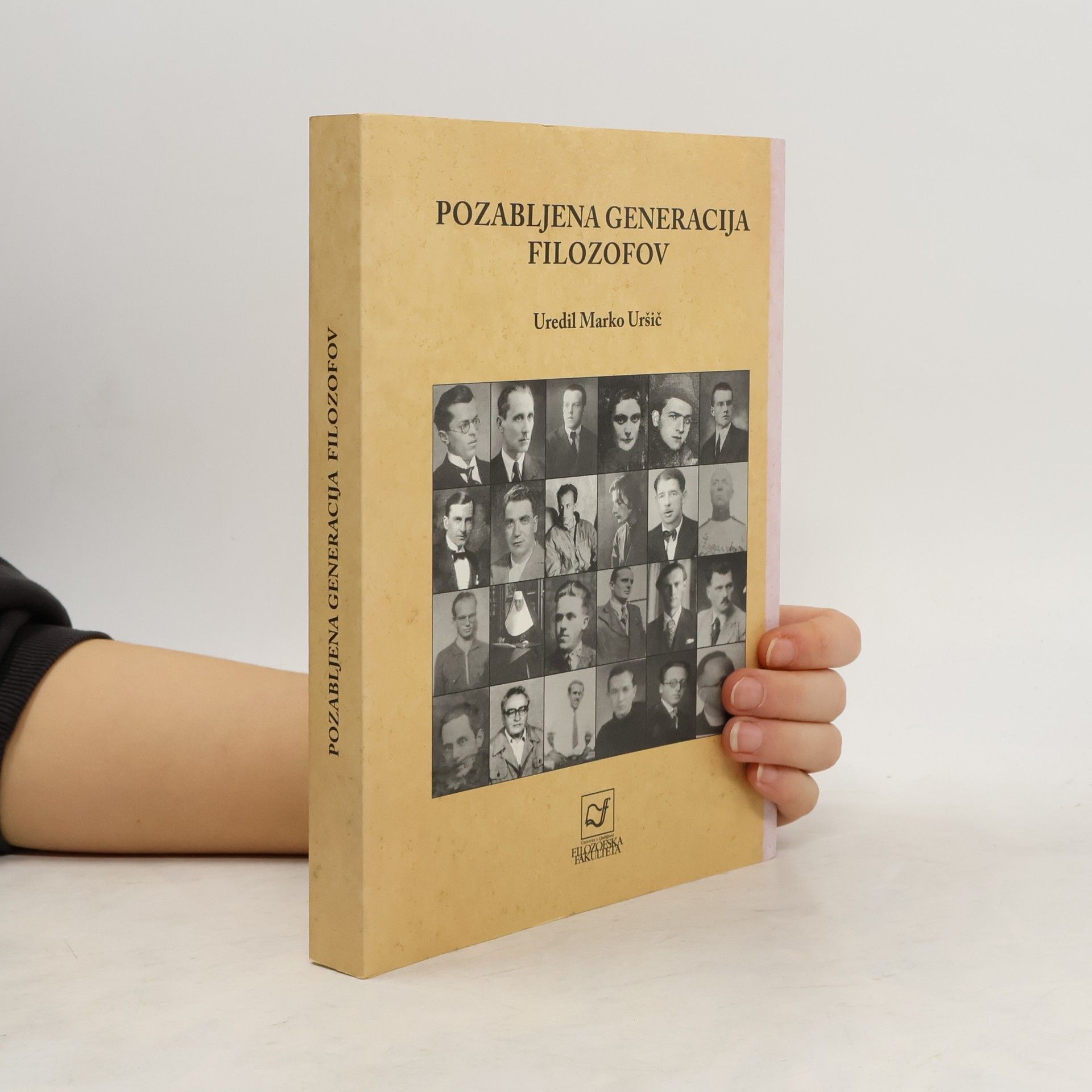Understanding Chinese philosophy requires knowledge of the referential framework prevailing in Chinese intellectual traditions. But Chinese philosophical texts are frequently approached through the lens of Western paradigms. Analysing the most common misconceptions surrounding Western Sinology, Jana Rošker alerts us to unseen dangers and introduces us to a new more effective way of reading Chinese philosophy. Acknowledging that different cultures produce different reference points, Rošker explains what happens when we use rational analysis, a major feature of the European intellectual tradition, to read Chinese philosophy. We rely on impossible comparisons, arrive at prejudiced assumptions and fail to arrive at the truth, the consequence of applying a different methodology to the process of perceiving, understanding and interpreting reality. Instead of transferring concepts and categories from Western sinology onto socio-cultural Chinese contexts, Rošker constructs a new methodology of reading, understanding and interpreting Chinese philosophy. She opens our eyes to the basic problems of Western paradigms, encourages intercultural approaches and allows us to master a more autochthonous understanding of Chinese philosophy.
Jana S. Rosker Knihy



The Rebirth of the Moral Self
The Second Generation of Modern Confucians and Their Modernization Discourses
- 306 stránek
- 11 hodin čtení
The Confucian revival which manifests itself in the Modern Confucian current, belongs to the most important streams of thought in contemporary Chinese philosophy. The Rebirth of the Moral Self introduces this stream of thought by focusing on the second generation Modern Confucians--Mou Zongsan, Tang Junyi, Xu Fuguan and Fang Dongmei. These scholars argue that traditional Confucianism, as a specifically Chinese social, political, and moral system of thought can, if adapted to the modern era, serve as the foundation for an ethically meaningful modern life.
Pozabljena generacija filozofov
Zbornik razprav s simpozija "O življenju in delu doktorandov Franceta Vebra" na Filozofski fakulteti v Ljubljani, 2015
- 352 stránek
- 13 hodin čtení